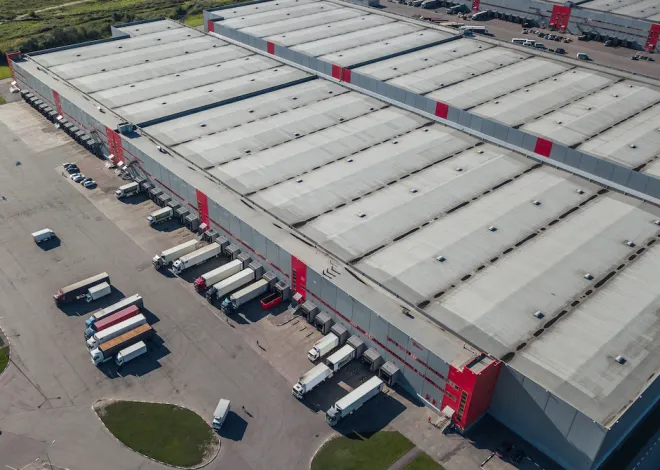
Effective leadership is the cornerstone of successful supply chain management. Supply chains are intricate networks that require skilled individuals at the helm to ensure smooth operations, adaptability to challenges, and the achievement of strategic goals. In this article, we will delve into the essential principles of effective supply chain leadership, providing valuable insights for professionals aspiring to lead and excel in this dynamic field.
1. Vision and Strategy: Effective supply chain leaders start with a clear vision and well-defined strategies. They understand their organization’s goals, align supply chain operations with these objectives, and create a roadmap for success.
2. Collaboration and Communication: Supply chain leaders must foster collaboration among teams and stakeholders. Open and effective communication is crucial for sharing information, resolving issues, and building strong relationships across the supply chain network.
3. Adaptability and Resilience: The global supply chain landscape is rife with uncertainties. Leaders must be adaptable and resilient in the face of disruptions, whether caused by natural disasters, geopolitical events, or economic fluctuations.
4. Technology and Innovation: Leaders stay abreast of technological advancements and leverage innovative solutions to optimize supply chain processes. This includes the adoption of automation, IoT, AI, and data analytics to enhance efficiency and decision-making.
5. Talent Development and Empowerment: Supply chain leaders recognize that their teams are their greatest assets. They invest in talent development, offer training opportunities, and empower employees to make decisions and take ownership of their roles.
6. Sustainability and Responsibility: In today’s world, sustainability is paramount. Leaders integrate environmentally and socially responsible practices into their supply chain strategies, reducing waste, energy consumption, and carbon emissions.
7. Risk Management: Effective leaders proactively identify and manage risks. They establish robust risk mitigation strategies to protect the supply chain from disruptions and losses.
8. Continuous Improvement: Leaders instill a culture of continuous improvement. They regularly assess performance, seek feedback, and implement process enhancements to drive operational excellence.
9. Customer-Centric Focus: Supply chain leaders prioritize the customer experience. They aim to meet or exceed customer expectations by ensuring on-time deliveries, product quality, and responsiveness to changing demands.
10. Metrics and Performance Tracking: Leaders rely on key performance indicators (KPIs) and data-driven insights to monitor supply chain performance. They use this information to make informed decisions and drive improvements.
Effective supply chain leadership is a multifaceted endeavor that requires a combination of strategic thinking, people skills, and adaptability. By embracing these key principles, supply chain leaders can navigate the complexities of global supply chains, drive efficiency, and position their organizations for success in an ever-evolving business landscape.
Thank you for connecting with us. We are happy to hear from you. We’ll be in touch soon to schedule a time to understand your goals and present how the Symphony Logistics solutions optimises the business for every enterprise.